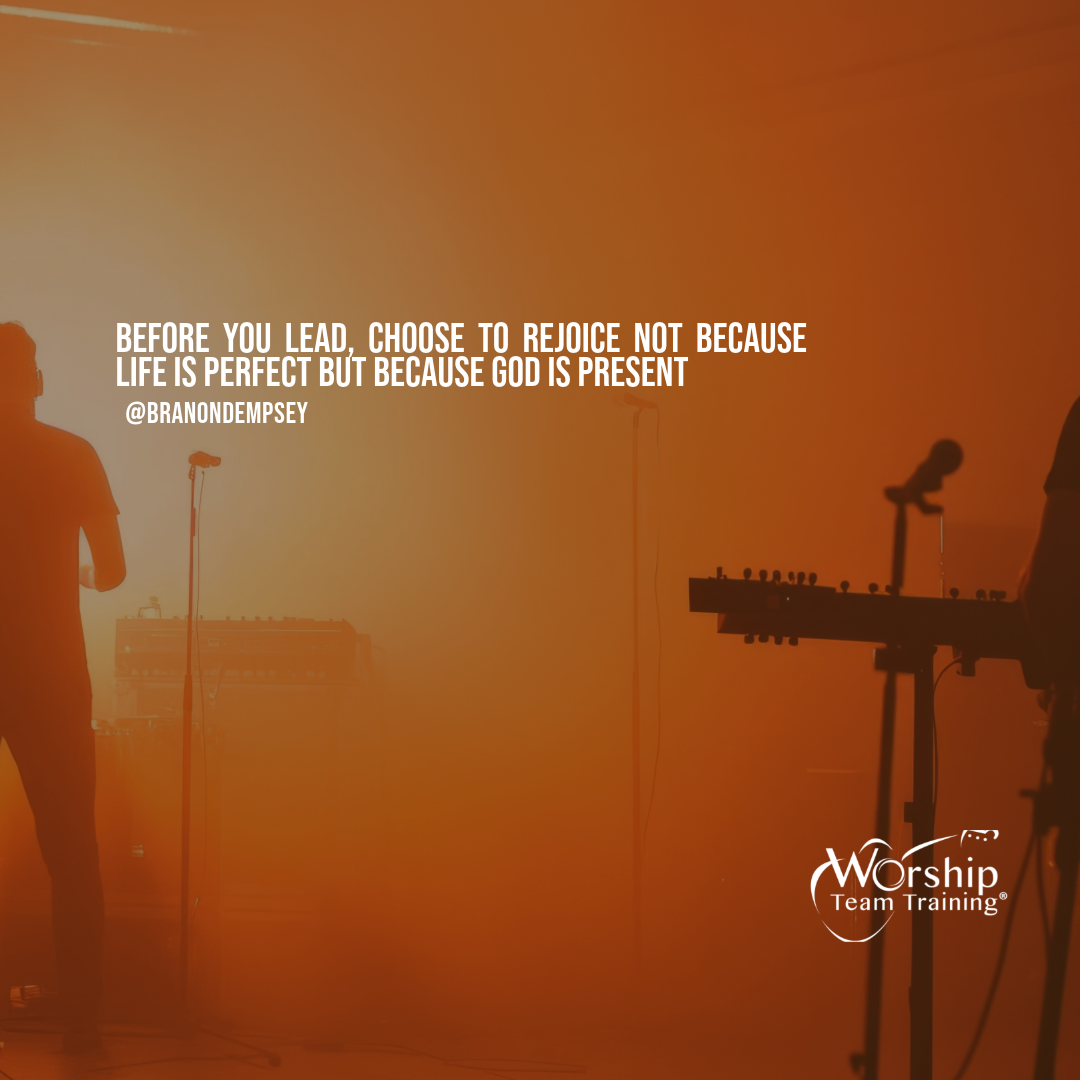Insights :: Inspirations :: Innovations

Some mornings, showing up can feel like a challenge. The setlist might seem uninspired. The team might be distracted. In those moments, it’s natural to question the impact of what you’re doing. You rehearse those songs. You lead with a smile. But deep down, you might feel drained or even wonder, “Is this enough?” You’ve reached your limits. You’ve poured out everything you have, yet it can still feel like something's missing. “To all perfection, I see a limit, but your commands are boundless.” - Psalm 119:96 Here’s the reality: perfection has its boundaries, and so do you. This isn’t a sign of failure. It’s simply being human. Consider this wisdom from Scripture: “Do not wear yourself out to get rich; do not trust your own cleverness.” - Proverbs 23:4 Though we’re not talking about financial wealth, we can draw a parallel to our pursuit of perfection. Don’t exhaust yourself trying to be flawless or pushing beyond your limits to deliver a perfect worship service. This passage encourages us to embrace God’s wisdom and recognize the importance of restraint. Remember this: You are not meant to shoulder everything. You’re not expected to be perfect. God’s capacity knows no bounds, and His words surpass our limitations. So don’t give up; instead, take a moment to pause. When your strength wanes, His remains. When your words may feel inadequate, His Word brings life. When your songs seem small, His Spirit moves powerfully. You don’t lead worship because you’ve got it all together. You lead because you know the One who brings everything together. You guide people to understand that God loves and accepts them just as they are—through their failures, disappointments, and struggles. Otherwise, we should not be singing the words of faith if we are not believing and demonstrating them ourselves. So pause. Don’t wear yourself out. Knowing your limits is a sign of being human and a faith of knowing God.
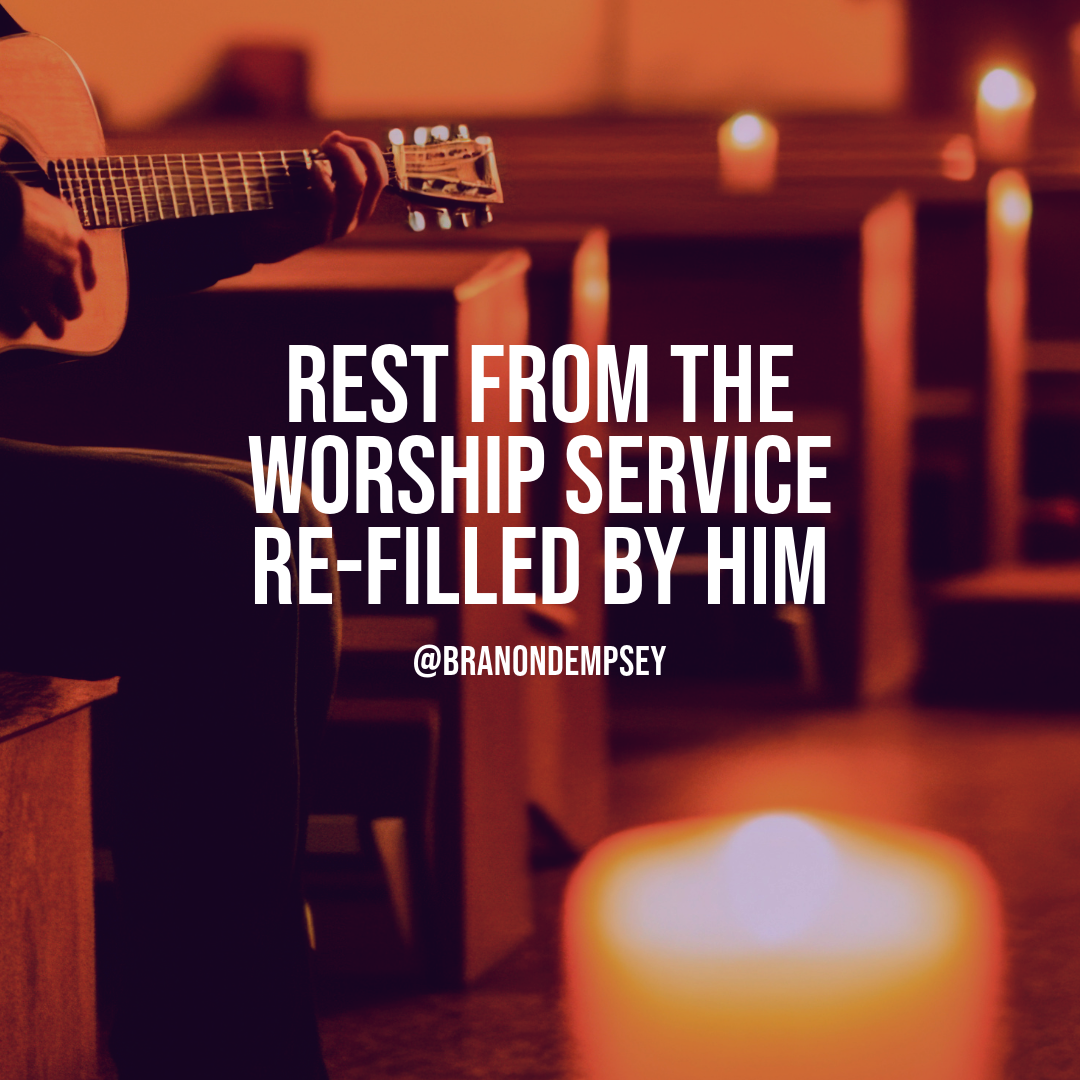
Don't Be Afraid To Rest As worship leaders, it's essential to remember that after pouring out our hearts in service, we must also seek to be filled. The service may be over, but the worship continues. Like Easter for example. It's a significant event. Lights, music, full seats—energy is at its peak. Then, like any other Monday, a new week arrives. The lights turn off, and the room falls quiet once again. It can feel like a crash. The adrenaline fades, leaving you to wonder, "Now what?" Here’s the answer: He is still the Rock. The same Jesus who conquered death is the same Jesus who holds you now—after the cross, after the tomb, after the stage is cleared. He hasn’t changed. He doesn’t need the crowd or the noise. You may feel exhausted, unnoticed, or question whether your offering was enough. “My salvation and my honor depend on God; he is my mighty rock, my refuge.” Psalms 62:7 NIV But Psalm 62:6 reminds us: "He alone is our Rock." We don’t build our faith on the highs or the excitement of Easter services. We build it on Him. As worship leaders, it's essential to remember that after pouring out our hearts in service, we must also seek to be filled. The Easter service may be over, but the worship continues. Don’t be afraid to rest. Take time in prayer and reflection, allowing God to replenish your spirit, so you can continue to lead with joy and strength. Embrace His presence and let it renew you for the journey ahead. Reflect on the Sacrifice Take a moment to meditate on the significance of Easter. Remember the depth of Christ's sacrifice and the joy of His resurrection. Prioritize Personal Worship Set aside time for personal worship. Engage in songs and hymns that resonate with your spirit. Engage in Scripture
Dive into the Word of God. Find passages that speak to your heart and situation. Let the scriptures remind you of God’s promises and His unfailing love, which can rejuvenate your spirit. Invite the Holy Spirit
Ask the Holy Spirit to fill you anew. Invite Him into your daily routine, trust His guidance and strength. As you navigate the days following Easter, remember that being filled is just as important as pouring out. For your ministry: - Anchor your setlists in purpose, not just in performance. - Focus your rehearsals on presence, not perfection. - Keep reminding your team: it’s not about the stage that matters; it’s about the foundation of Christ. For your soul: - Make space to rest without guilt, pressure, or the need for perfection. - Shift from "doing" to "being" with God this week. - Reconnect with the One who never needed you to perform—He just wants you to be loved. This week, step away from the production and into His presence. Sing a song without a microphone. Re-read Psalm 62, this time aloud—in your car, your kitchen, or in your quiet room. Let the words ground you; let them resonate louder than applause ever could. As you sit in the afterglow of Easter, remember: The Rock didn’t move. The Fortress didn’t fade. The Savior didn’t change. Let your worship rise from that place, and let your ministry be filled by His Spirit and His truth. He is still the Rock, and He will fill you once again, and forever. As you navigate the days following Easter, remember that being filled is just as important as pouring out. Embrace the process of renewal, allowing God to refresh your spirit so you can continue to lead with grace and love.

How do we honor the congregation's feedback while confidently staying true to the vision that God has given the worship team? As worship leaders, we carry a necessary tension within us—a dynamic interplay between leading and listening, between vision and the voices of our congregation. It’s vital that we remain true to the vision God has imparted to us while also valuing the experiences, stories, and desires of those we serve. Feedback can often feel like a blessing, but there are times it might hit us unexpectedly and feel like a curse. Perhaps someone questions a song you were inspired to share, or they mention that worship felt “off,” despite the dedication your team brought to the preparation. These moments call us not to defensiveness but to a deeper discernment with ourselves. This also gives us insight into the one offering the comment. Let me must say: people will always have their comments, but 99% of the time it’s not about you. It’s something that triggered in them. If it is a comment you can grow and learn from, embrace the wisdom. If not, take it as a grain of salt, but let it still season you. How do we lead with both courage and humility? “Commit your way to the Lord; trust in him, and he will act.” – Psalm 37:5 (ESV) Psalm 37:5 reminds us: “Commit your way to the Lord; trust in him, and he will act.” This is an active, robust trust—one that roots us firmly in the vision God has given us, while also keeping our hearts open and receptive. We are not called to dismiss the voices of our congregation; neither are we meant to be led by them. Instead, we are called to lead with love and clarity, anchored in God's vision while being attentive to how He may be speaking through His people. It doesn’t mean you become a doormat to other people’s comments, it means that you look at it as an opportunity to grow and learn. "We are not called to dismiss the voices of our congregation; we are called to lead with love and clarity Balancing feedback and vision requires adopting these three postures: Curiosity over criticism What if we approached feedback as an opportunity rather than a threat? Instead of becoming defensive, let’s lean in with genuine curiosity. Discernment over defensiveness Not every piece of feedback is the absolute truth, but some can provide real insight. The key is to take it to God first. Not every comment needs to alter our direction, but every comment is a chance to ask, “God, what are You saying here?” Clarity over consensus Our calling isn't to create a playlist that satisfies everyone; rather, we are tasked with fostering an environment where God is honored and lives are transformed. This may not always garner applause, but clarity brings peace and purpose. Take it as a grain of salt, but let season you Questions to Consider: 1. Where have I experienced tension between congregational feedback and the worship vision God has given me? 2. Am I listening from a place of fear or a genuine desire to grow? 3. What feedback should I prayerfully consider, and what might I need to release with love? Lead with both vision and vulnerability. Seek God’s wisdom to discern what to embrace and what to set aside. Anchor yourself in the divine mission He has entrusted to you, ready to listen with a heart positioned for growth—not out of a need for approval or people-pleasing, but to please Him. He is the One we trust to act when we commit our way to Jesus.
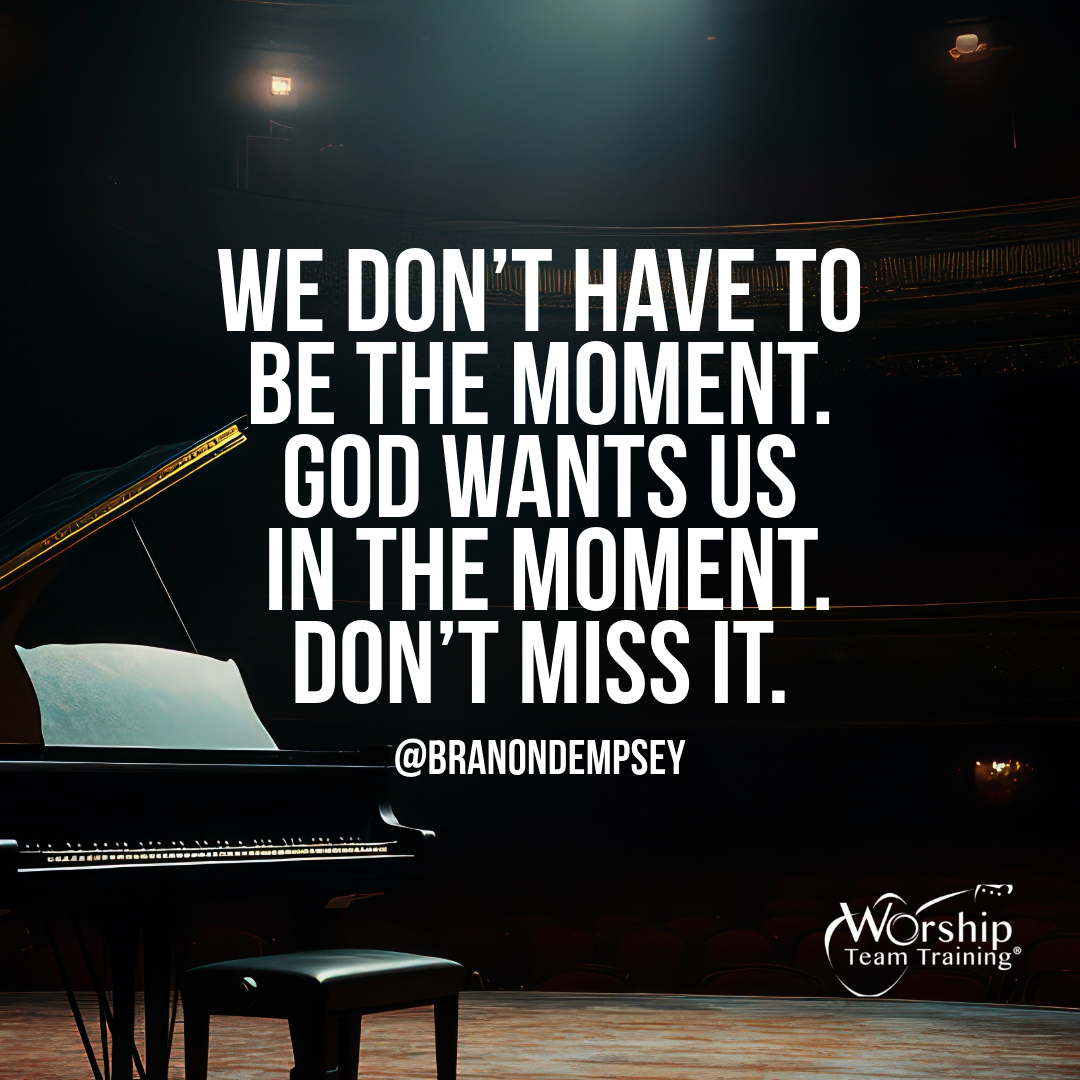
Stillness isn’t just a poetic invitation to slow down; it’s a command. It’s a bold and holy interruption in a world that glorifies hustle, production, and performance—especially within worship culture, where the lights, setlists, and seamless transitions often take center stage. Here’s the truth: stillness is disruptive. It can be uncomfortable and vulnerable. “Be still, and know that I am God.” —Psalm 46:10 When God says, “Be still,” He’s not simply asking us to stop doing for the sake of rest. He’s inviting us to lay down our armor—the armor that tells us if we can prove our worth, we’ll be worthy; the armor that whispers if we keep moving, we won’t have to feel the ache; the armor that believes control equals safety. In worship, stillness can feel like exposure. No backing track. No crowd energy. Just you. Raw, real, and unfiltered. This can be terrifying, until we remember who is inviting us into that space. God doesn’t call us to stillness to deprive us; He calls us to be present and to listen as He invites us. In the stillness, we are reminded that we are not God. We don’t have to hold it all together. We don’t have to be the moment; we just have to be in the moment—with Him. Stillness is where striving ends and surrender begins. It’s where the noise fades and truth rises. It’s where the facade cracks just enough for light to break through. What if stillness isn’t the threat we’ve made it out to be? What if it’s actually the safest place we could stand? Perhaps the vulnerability of being still isn’t a sign of weakness; maybe it’s the bravest thing we can offer in worship. Because when we finally stop, we can hear Him whisper again: “I am God. I’ve got this. I’ve got you.” Personally: Where in your worship or your life are you avoiding stillness? What might it look like to bring your unpolished, vulnerable self before God today? Set aside five minutes today to be still. No music. No words. Just you and God. Notice what comes up and allow yourself to be led into His worship. Follow Him into the invitation of His silence, where you can hear His words most clearly.
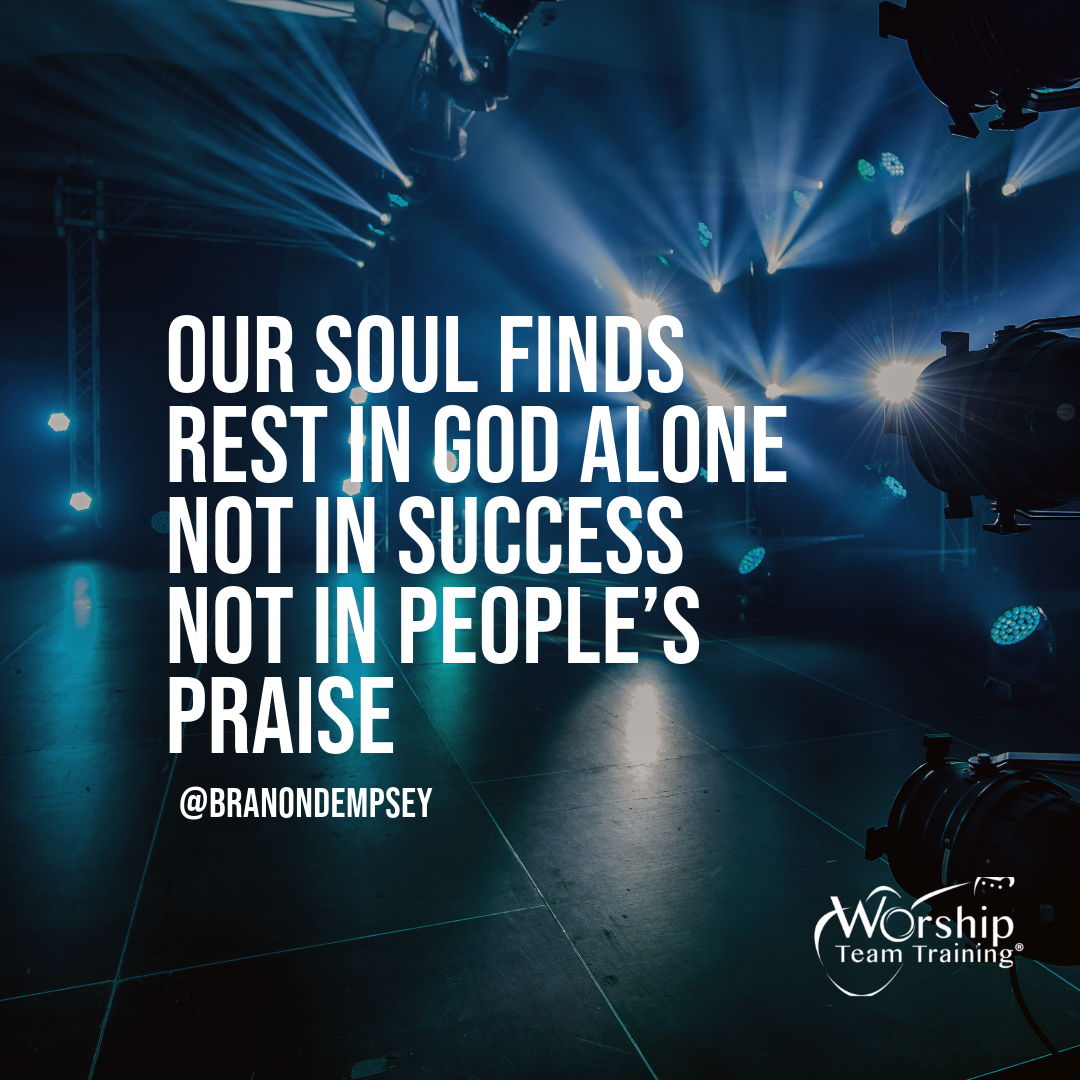
Worship leaders, let’s talk about identity. Not the kind that comes from a title, a position, or the way people respond when we lead a song, but the kind that is unshakable—the identity found in Christ alone. It’s easy to attach who we are to what we do. The moment we step onto the platform, the expectations hit us like a wave. Sing with excellence. Lead with passion. Engage the congregation. Bring people into the presence of God. And while these things matter, they don’t define us. If we’re not careful, our sense of worth can become tied to how well we perform rather than to the One who called us in the first place. “Truly my soul finds rest in God; my salvation comes from him. Truly he is my rock and my salvation; he is my fortress, I will never be shaken.” —Psalm 62:1-2 Psalm 62 reminds us of something powerful: our soul finds rest in God alone. Not in success. Not in people’s praise. Not in how well the worship set goes. True rest comes from knowing that your salvation—your identity, security, and worth—comes from Him. He is your rock, your foundation, and because of that, your identity in Jesus will never be taken away. Think about that for a second. Never be shaken. How many times have we felt shaken by insecurity? By the fear of not being enough? By the pressure to always get it right? When we build our identity on things that shift—our skills, our influence, the way others perceive us—we are always at risk of crumbling. Sometimes the pressure mounts when fear takes over of making a mistake. But when our identity is rooted in Christ, we stand on solid ground. Remember, we’re pressed, not crushed. We will make mistakes, but will always grow stronger. God never called us to be worship leaders first—He called us to be His. Before you were a musician, a singer, a creative, or a leader, you were His beloved. That doesn’t change based on your performance. It doesn’t shift based on how many people show up to worship. It doesn’t depend on whether you feel strong or weak today. Your worth was settled on the cross, and nothing—nothing—can shake that. So what does this mean for us practically? It means we can stop striving to prove ourselves. We can let go of the fear that we have to earn our place. We can walk in the confidence that we are already chosen, already enough, already loved. When the stage is stripped away, when no one is watching, when all the noise fades—who are you? You are His. And that is more than enough. Let your soul rest in the truth that God alone is your rock. You are secure, you are seen, and you are held- and no one can take that away.
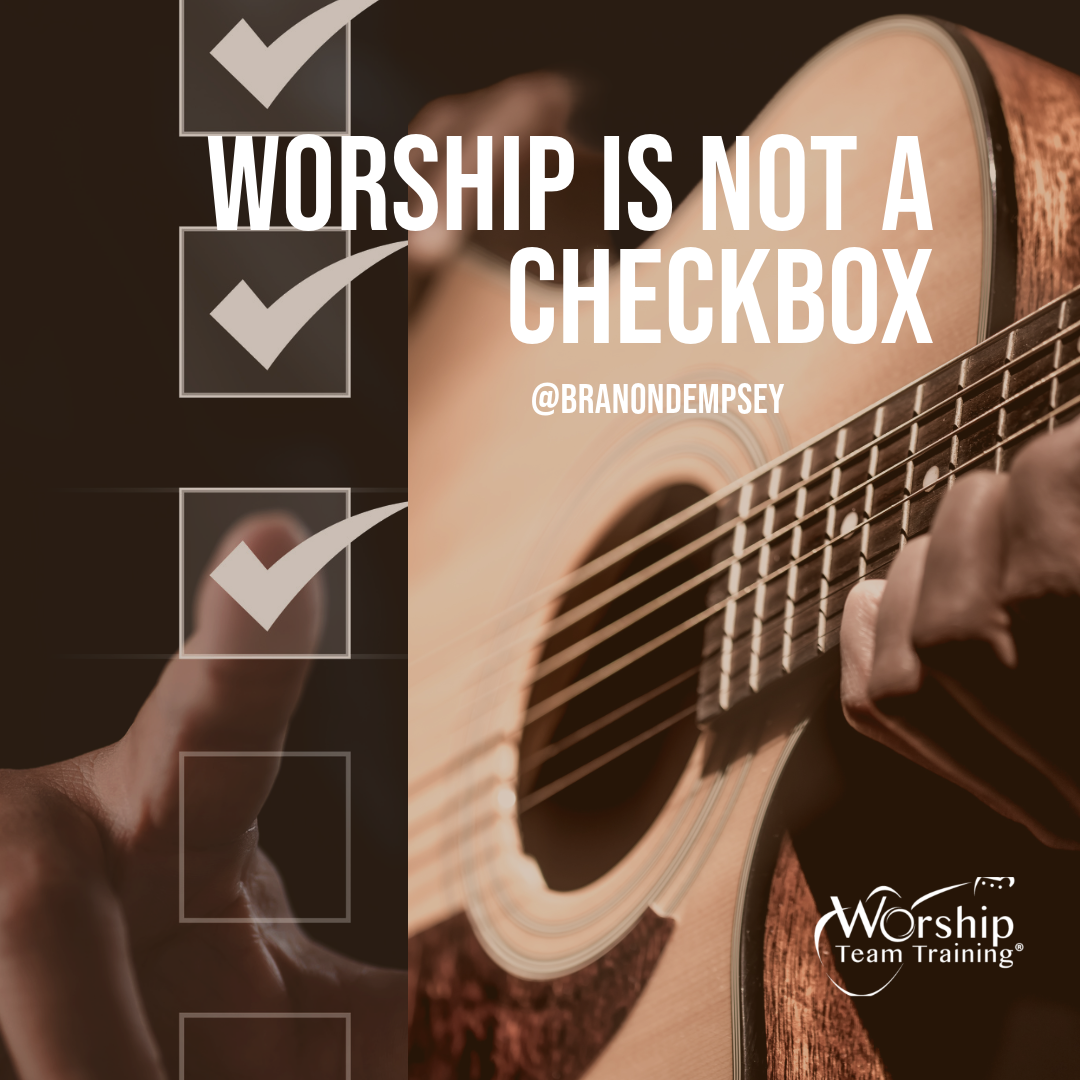
At some point, what once filled your heart with joy—the profound act of making music—may have turned into a mere checklist. A rehearsal schedule. A setlist waiting to be executed. The weight of expectations may have dulled your passion for worship, and the pressure to perform may have overshadowed the freedom to praise. Leading worship may now feel more like a job than a source of wonder. “It is good to praise the Lord and make music to your name, O Most High, proclaiming your love in the morning and your faithfulness at night.” — Psalm 92:1-2 Psalm 92 makes it clear: worship is not just another responsibility—it’s a vibrant and joyful response. It’s not about obligation or expectation; it’s about what’s good—for your soul, for your heart, and especially for you as a weary worship leader who needs to reconnect with the reason you began this journey. So, how do we reclaim that joy? - Shift from obligation to overflow. You don’t have to worship—you get to. Let His love be the driving force, not the pressure to perform. - Prioritize personal worship before going public. If Sunday morning is your sole time of singing to Him, your worship is running dangerously low. - Concentrate on His presence, not perfection. While your voice, skill, and execution matter, they’re not the main focus. His love is. Gratitude transforms everything. It directs our attention from what’s lacking to what’s abundant, from what’s broken to what’s being restored. In worship, gratitude for His love is more than a nice sentiment; it’s the cornerstone of our song. Why Giving Thanks Elevates Worship? Because worship isn’t about extracting something from God; it’s about responding to the abundant gifts He’s already given us. His love is the very reason we approach Him. When we lead with gratitude, our worship transcends our preferences, performances, and struggles and becomes a powerful declaration of who He is. Gratitude shifts our worship from: Duty to delight – We worship because we want to, not out of obligation. He loved us first. Pressure to presence – We let go of striving for perfection and rest in His love. Self-consciousness to surrender - Instead of worrying about our sound, we focus on His goodness. When worship transitions from checkbox mentality to genuine encounters with Jesus, joy becomes the natural outcome—every single time. Don’t Lose the Joy—Let His Love Grow Your Worship Allow His love to deepen and grow your worship. Let it raise your hands, soften your heart, and remind you of why you sing in the first place. The joy hasn't disappeared; it simply needs space to flourish once again.

It doesn’t just rear its head during moments of self-doubt; it infiltrates our worship, our leadership, and our creativity. One moment, we’re fully engaged in praising God, and the next, we find ourselves scanning the room, measuring our voice against someone else’s, questioning if we measure up. In that moment, we deny God our true selves. How comparison steals your identity: 1. It Diverts Our Focus from God to Others Worship is all about centering our hearts on God. When we compare, we inevitably shift our focus to ourselves and those around us. We stop asking, “Is God pleased with my offering?” and start questioning, “Do I sound as good as Elevation, Northpoint, KLove, or the church down the street.” 2. It Fosters Insecurity and Resentment Comparison leads us to believe we’re not enough, stealing our joy in celebrating the gifts of others. That insecurity can breed resentment—towards others, ourselves, and even God. 3. It Stifles the Growth of Our Unique Gifts When we idolize someone else’s voice, talent, or leadership style, we halt our own development. Instead of cultivating our gifts, we mimic others, chasing their anointing rather than deepening our own. This particularly happens when we doomscroll to find out what others are doing and maybe get caught off guard by someone who sounds really good on YouTube, yet we wish our worship sounded like theirs. 4. It Weakens the Unity of the Worship Team A vibrant team flourishes when each member brings their authentic self. When comparison prevails, people tend to either hold back or compete, causing the musical and relational harmony to suffer. 5. It Turns Worship into a Measure of Worthiness Rather Than Willingness Letting comparison define us leads to the distorted belief: “I must be as skilled as them to be worthy of leading worship.” Yet, God doesn’t demand perfection—He calls us to surrender. Here is how calling is revealed in your life and effective strategies for growth: 1. Admire Without Imitating It’s inspiring to draw from others, but remember—you’re not meant to be a replica. Acknowledge what you admire in someone’s worship or leadership and let it fuel your growth without overshadowing your identity. So having favor, WorshipLeaders and Artist is good to aspire to, but not to be like. There is a difference because God did not make you to copy somebody else. He’s given us encouragement and people who are doing great things, but God wants to do those great things uniquely for you as well. 2. Embrace Your Unique Sound and Calling Embrace the truth, and it’s OK: you’re never going to sound like Elevation Worship or Northpoint. God called you to sound like your team, and your church. See when we compare ourselves, and long to sound like another worship team, we are not appreciating the team that we already have. We need to lean into the prayers of our church, so our music sounds like what the people are praying, and what they are singing. “For we are His workmanship, created in Christ Jesus for good works, which God prepared beforehand.” – Ephesians 2:10 God created you with purpose. Your voice, style, and leadership possess a unique essence only you can bring. Own it. 3. Shift from Comparison to Celebration Instead of thinking, “I’ll never measure up,” challenge yourself to say, “Wow, God has given them an incredible gift, and He’s given me one too.” Celebrating others fosters a culture where everyone can thrive. We are to rejoice and Champion Those in our team as they grow in skill, and in their giftedness. That’s not only builds trust with each member, it also shows the church our value to one another. 4. Humbly Develop Your Skills Growth and learning are vital, but your motivation is key. Reflect on whether you’re pursuing growth to serve better or to prove your worth. Let your progress stem from stewardship, not striving. God has already made you worthy in Christ. What you do with that is honoring him back by the skill he gave you. 5. Worship with a Heart of Gratitude, Not Pressure Instead of trying to prove yourself, approach worship with gratitude: “God, thank You for the gift You’ve given me. I offer it back to You.” This POV transforms everything. Since my youth, I always said this prayer each time before leaving Worship and I still do today. When you allow God to transform your perception of leading worship, it becomes not just an offering for him, But you’re offering of Worship becomes an invitation for the church to join in the fellowship. Each time when I lead I like to think of all of us singing in one big living room as opposed to stage. Because families and loved ones gather in the center of the house, thus in the church, we gather as one to worship our God. This for me minuses the expectations and pressure and frees me up to leadunhindered 6. Remember that Worship Is about Spirit and Truth, Not Just Skill “God is spirit, and those who worship him must worship in spirit and truth.” – John 4:24. While skill holds importance, it’s worship that matters most. God desires authentic worship, not rehearsed performances. So worship through your skill as you give your best and excellent offering to God. Final Thought: Offer What Only You Can Give The most profound worship arises when we present our true selves to God. He doesn’t need another version of someone else; He wants *you*—your voice, your heart, your worship. By letting go of comparison, we embrace the freedom of being precisely who He called us to be. So live authentically. Worship fully. Lead boldly. Trust that what God has placed within you is more than sufficient.

For worship leaders, Sunday is only a small fraction of the real work of worship. The songs we lead, the prayers we offer, and the atmosphere we cultivate are not meant to be a performance—we are modeling a life of worship that should extend far beyond a single service. But here’s the hard truth: we can’t lead people somewhere we aren’t willing to go ourselves. If we sing about the holiness of God, the power of His presence, or surrendering all, yet live in a way that contradicts those words, we send a message that worship is just a Sunday routine rather than a life-altering reality. We all know that powerful feeling. The morning of the worship service arrives, the band is in sync, the harmonies are spot on, and the setlist flows seamlessly. In those moments, we truly connect. We sense the presence of God and remember our purpose. Inevitably, there’s a change, a hesitation, a hiccup or something missed. And then we may ask ourselves: did I really lead worship the way I was supposed to? What did others think? Am I good enough? Then comes Monday—the emails pile up, frustrations arise, and we face the messy realities of life. Let’s be honest: the worship leader we were on Sunday can seem worlds apart from the individual tackling life throughout the week, plus those unwanted memories of what went wrong this past Sunday. Here’s the truth we must embrace: we can’t just lead worship on Sunday; we must embody it every day that follows. This is no small feat because effective leadership extends beyond what happens on the platform; it’s about who we are when no one else is watching. How Do We Live Out Worship Daily? 1. Walk in the Words You Sing If we sing “There’s Nothing Better Than You…” on Sunday, but spend the week prioritizing our own plans over His, our worship loses credibility. • Ask: Am I living the words I lead? • Let worship songs become prayers, shaping how you respond to daily struggles. 2. Worship in the Quiet Moments Worship isn’t confined to Sunday—it’s a way of life. • Make space for personal worship throughout the week. • Worship privately before you worship publicly. Your secret place with God fuels the power of your platform. 3. Lead with Integrity, Not Just Talent If we sing: “I Speak Jesus,” are we really using the words we sing rightly in the way we live daily? Skill matters, but character sustains a ministry. If we aren’t in alignment of our words, actions and spiritual character, our leadership becomes hollow. • Are we living in a way that honors God offstage? • Are we treating people with kindness, humility, and grace—not just in front of the church, but to our nieghbors and strangers. Live What You Sing If we sing “That’s Why I Trust In God,” while still trying to control everything, we’re not leading from a place of authenticity because our body maybe in one place, but our heart is somewhere else. If we proclaim “Your love never fails” but allow self-doubt to dictate our actions, we’re not fully trusting our message. Worship is so much more than a song or a singular moment. It's about how we show up in our relationships, our work ethics, and even how we engage with others—like the barista when they mess up our order. Jesus nailed it when He said: “These people honor me with their lips, but their hearts are far from me.” — Matthew 15:8 That verse resonates because we’ve all experienced it—singing lyrics that don’t reflect our reality. But let’s be clear: worship isn’t about being perfect; it’s about allowing Jesus to lead you both in life and in worship. It’s ensuring that the God we passionately sing about on Sunday is the same God we diligently follow come Monday. Living worship means aligning our hearts with our lyrics: - Let the songs we lead influence the way we live. - If we sing about grace, let’s extend it—to ourselves and others. - If we sing about surrender, let’s actively practice releasing control. Presence Matters More Than Production At the end of the day, God isn’t searching for flawless worship leaders—He’s seeking worshipers that seek Him authenticity. The congregation doesn’t need a polished production; they need leaders who truly embody what they sing. Leading worship isn’t just singing on Sunday, it’s living the rest of the week. - Branon Dempsey Does this content resonate with you? Then drop a comment below 👇 Worship Team Training is your page to like, share and follow! PS ☀️ Subscribe to our FB daily devotional feed: ✅ https://www.messenger.com/channel/WorshipTeamTraining #WorshipLeaders #Worship #Pastors #WorshipDevotional #WorshipCulture #SpiritualFormation #worshipteamtraining
Drop A Comment

Book A Mentoring Consultation
Need someone who will walk with you in your ministry? Send a message and we’ll reply in 24 hours.
